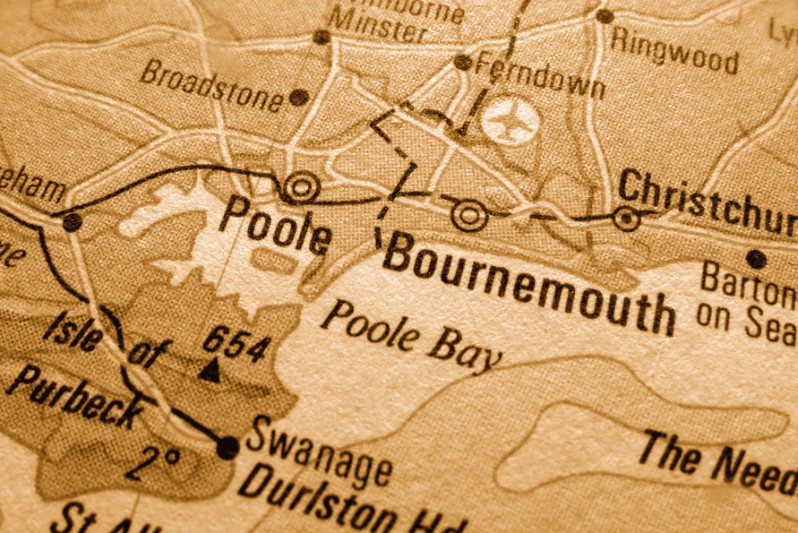In the context of global climate change and the consequent need to phase out use of fossil fuels, the development of renewable energy sources has become one of the main drivers of the green economy.
Developments in green technology can also improve efficiency and reduce emissions of greenhouse gases, while reducing the ecological footprint of human activities. As a result, development and implementation of green technology has become a major political priority. However, such technologies can also have negative environmental impacts and become the focus of social concern, as illustrated by the public, political and media reaction to the development of wind farms.
This course will examine the environmental and social impacts of different technologies, to evaluate critically which approaches might truly be considered ‘green’. You will consider the main environmental, political and socio-economic drivers for the development of green technology, and examine how these challenges are being met through scientific and technological innovation. In addition, the potential conflicts that can arise through the implementation of such technology will be examined.
This unit is one of six taught units on the MSc Green Economy. You can choose to study the individual units as CPD with or without academic assessment. If you chose the assessed option, you can accrue academic credits towards a PGCert, PGDip or a Masters qualification.
Key information
Next start date:
27 January 2025
Location:
Distance learning/online
Duration:
10 weeks
Entry requirements:
This course is open to anyone with a relevant undergraduate degree. Alternatively, non-graduates / professionals with significant and relevant work experience, who can also demonstrate an ability to both complete and benefit from the course will be considered
International entry requirements:
If English is not your first language you'll need IELTS 6.5 (Academic) or above.


